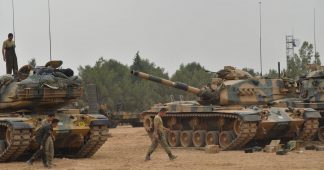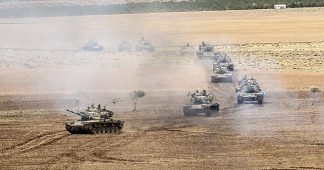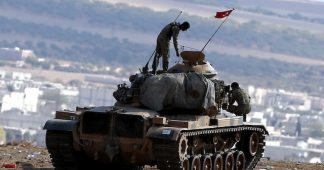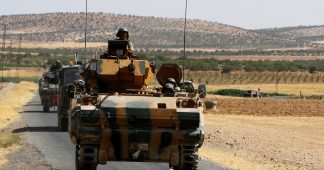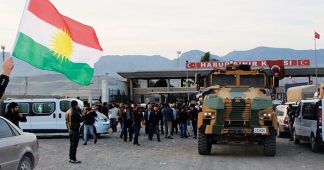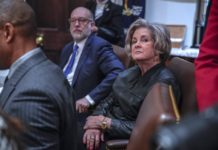This sudden, unplanned visit led some to wonder if there was a rupture between Ankara’s strategic thinking on Iraq and Syria and the United States’ goals in the region. This article will attempt to analyze the factors that prompted the Dunford visit and scenarios of what Ankara may have in mind.
Ankara was caught totally off guard by the Raqqa operation the Syrian Democratic Forces (SDF) launched Nov. 6. Ankara was expecting that operation to begin after the US presidential election on Nov. 8. The SDF is dominated by the People’s Protection Units (YPG), which is affiliated with the Kurdistan Workers Party (PKK). Turkey considers the PKK a terrorist organization.
In the Nov. 6 operation, about 25,000 YPG fighters who had been controlling the Kurdish cantons of Kobani and Jazeera turned their backs to Turkey and launched an assault toward Raqqa in the south. The Kurds practically vacated their two cantons and left them wide open to a possible offensive by Turkey. If Ankara is serious in its intention to intervene east of the Euphrates River, that area is now suitable for an operation similar to Euphrates Shield. This is how we must read the Dunford visit.
“What profoundly disturbs Washington nowadays is Ankara’s increasing unpredictability and the resulting uncertainty,” said a US source who spoke to Al-Monitor on condition of anonymity. “Therefore, we were told to interpret Dunford’s visit and his long meeting in Ankara as a message of, ‘Don’t do anything reckless in such a sensitive period.’”
Also Read
Trump and the Neoconservatives
